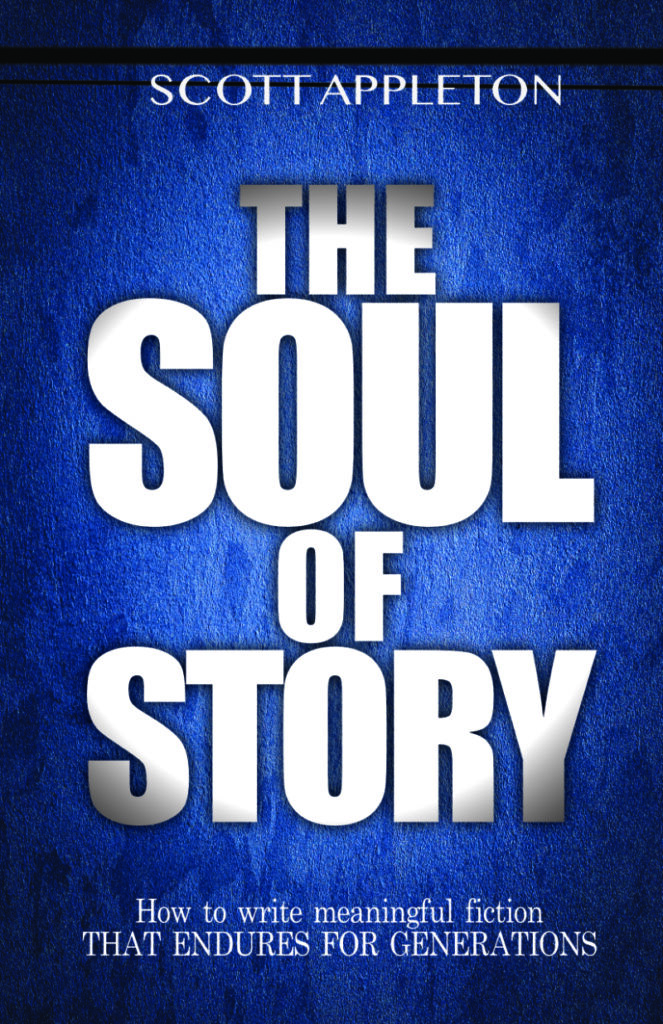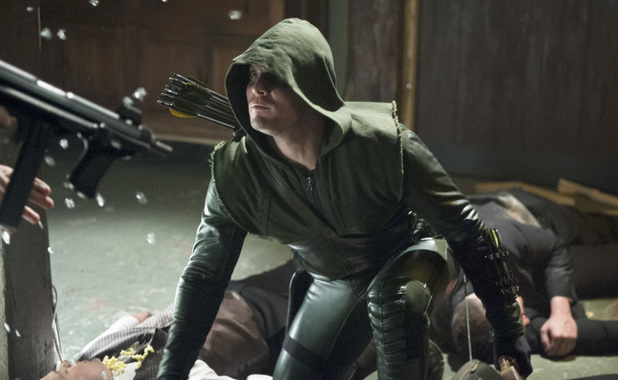My first non-fiction book is well underway. Check out the cover below!

Writing. Fantasy. Sci-fi. Mystery
My first non-fiction book is well underway. Check out the cover below!

Expectations. We are people of expectations whether we want to admit it or not. When we go to read a book or watch a movie we have an expectation of the story that must be made if we are going to positively reinforce it to people that we know.
When I started off my writing career I did my best to craft a story that would resonate with a broader audience. But truth be told I didn’t understand how to do that, and now I understand that you should not do that. The story doesn’t necessarily need to be divisive but it should be thought-provoking and challenging to folks of a different world view.
Someone who picks up a harlequin romance is going to have a different expectation than one who is looking for a Christian Amish romance. On the one hand a conservative reader might appreciate the lack of physical description and sexuality in an Amish romance. But on the other hand another reader might have an expectation of realism. To them the Amish romance is rediculously tame, to the point that they find it unrealistic and cannot enjoy the story.
Reader expectation is everything.
For those of you who have watched the first Maze Runner movie, you will appreciate what I’m about to say. If you thought that it was a dystopian along the lines of the Hunger Games, as I did, then when movie two came out you were severely disappointed when it turned into a zombie apocalypse. Your expectations were let down and you felt deceived.
Amidst the muck of politically-charged media-driven fiction, a few stories highlight what’s beautiful.
When I say muck, I am referring to that moment when I was watching a show with my kids, in this particular case it was the show Voltron, when the last episode introduced a gay couple wedding. I am referring to the Netflix original series the dragon prince, which had a great story going for it but in the second season decided to introduce a prominent lesbian couple. In the absence of strong traditional male-female romantic interests these pointedly emphasized relationships reek of political correctness. Thankfully there have also been some examples recently of stories that do themselves service by understanding their audience and delivering a story that their audience loves because it resonates with their values.
As a parent, I find it increasingly frustrating when I cannot simply enjoy the show without worrying that a politically charged message is going to be thrown in my kids’ faces.
This post is not a rant. It is not even a disparagement to those types of stories that I find offensive to my kids. Although I will note that my kids were the first to find it confusing and offensive because it went against their very nature. It is interesting that in the simple thinking of children is often found the greatest truth.
As a writer I have often struggled to understand my own audience. Even now as I am re-writing my first novel I have struggled with some elements of the story that could’ve been crafted in a mature fashion, but instead I wrote in a simplistic way so as not to offend certain readers. I have experimented with re-writing some of those sections of the story in a more adult manner, and in some respects the story is far better for it. But I will let the readers be the judge. My job is to make people think without breaking down their sense of morality. If my stories are successful than they encourage my readers in the ideals that they strive to live out.
I think that the recent Toy Story 4 was a fantastic example of a creative team who understood their audience. I saw an interview on the BBC where someone was complaining about the “lack of diversity” in the characters. Her complaint was laughable really, because it centers around a bunch of toys! But I found it interesting that she complained about one toy that didn’t seem as strong to the feminist perspective. In my opinion that element of the story was what made the film as great as it was. And you know what? My kids absolutely loved it.
When a creative team understands the audience that they are appealing to, then the story resonates and impacts the audience’s soul. If, instead, the creative team seeks to placate a critic, then the story loses its punch.
I am fascinated by this. The closer we get to strongly-set morals, and the closer we get to a familiarity in the story that challenges us and makes us stronger or encourages us, the more impact that story has on us.
For some people that set of morals is going to look entirely different than it does for another audience. But that’s okay. Not all stories are made for all people. Neither should they be.
Controversy generates hype. Similarities create relationships. Relationships are built on trust, and relationships only grow deeper the longer they last.
Q: What expectations have you recently enjoyed or found disappointing?
Dragons are predominantly the villains in fantasy fiction. But this does not have to be the case, especially if we write from a Christian worldview!

It is interesting to take this subject from the angle of seeing it from my worldview. As a Christian author I have often encountered readers whose faces get all twisted up when I tell them that some of the dragons in my stories are heroes. “How can dragons be the good guys?” I’ve been asked. Interestingly, if you write fantasy from a Christian worldview you have a most compelling reason to create heroic dragons. In the Bible the Devil was depicted as “that old serpent” and “the dragon” because it made an effective allegory to his character. But most readers forget that Jesus was called the “lion of Judah” and Satan is referred to as the lion who “roars about seeking whom he may devour.”
So is it the species that makes a creature figure a villain in Christian-based fantasy? No, the contrary is true. For the good and the evil are considered that way based on their choices. If they are intelligent in these fictional worlds, just like people are, then whether they are good or evil is based on who they serve. Worldview is a fascinating way to explore why fantasy worlds are developed in different ways. The Christian worldview as a basis for fantasy fiction can create some of the greatest storytelling.
Question: How do you see the author’s worldview impacting the fantasy and science fiction stories you have read?
My wife and I have enjoyed the TV show Arrow, which follows a young vigilante hero doing his best to destroy crime in his city. Of course he is rich, handsome, etc. and every other girl seems smitten by him. But though his selfless fight against crime is admirable, his character has startling moral flaws that mar his hero image. I enjoy this show but HOLLYWOOD HAS CREATED A NEW BRAND OF HEROES AND HEROINES AND WE SHOULD CONSIDER THE CONSEQUENCES.

Oliver Queen lived a promiscuous life prior to being marooned on “the island.” This fact is emphasized in the show and the characters laugh at it sometimes. It seems that they even disapprove of how Oliver was with his lady friends. But, truth be told, nothing in that respect has changed. Oliver sleeps with several girls in the course of the first two seasons. His lack of commitment is trumped up as a “necessary” negative in his isolated, double-life. Yet sadly we the viewers are not shown a man who can rise above temptation. He repeats his old sins but this time it seems he and those around him accept it as part of life.
The Vigilante started off with a willingness to outright execute criminals if he knew beyond a shadow of a doubt that they were guilty. This aspect stood him aside from Gotham’s own Batman. Yet in season two the mood shifts and Oliver is unwilling to take a life… or so the script writers would have us believe. While this standard seems in some ways admirable, does anyone else find it odd that Oliver willingly takes out villains’ henchmen with his arrows but will not do the same to the kingpins?
Honorable? Maybe. His motivations are foggy at times, but Oliver does have a good heart. But wouldn’t it be awesome if we had portrayals of heroes who rise above their circumstances? Heroes who will not afford the temporary pleasure of a lady without genuine and lasting commitment. Heroes whose morals are not dictated by society but are ruled by the laws of God.
Question: What heroes and heroines do you love? Which ones do you despise or pity?
On a recent drive to work I stopped at a traffic light behind this silver jeep adorned in all sorts of bumper stickers. One in particular caught my eye: THE EARTH DOES NOT BELONG TO US, WE BELONG TO THE EARTH and beside the text was a sketch of Jesus.

Really now, this has become a popular way of thinking of the Earth. It seems that the 1960’s have not fully been dispensed with. Let’s see what Scripture says about the Earth.
Who does the earth belong to?
The earth is the Lord’s and the fulness thereof; the world, and they that dwell therein. -Psalm 24:1
Who does the earth belong to? It was a gift to mankind.
And God said, “Let us make man in our image… and let them have dominion over the fish of the sea, and over the fowl of the air, and over the cattle, and over all the earth, and over every creeping thing upon the earth.” -Genesis 1:26
Amazing how that bumper sticker reverses everything. First off, it is true the earth does not belong to us, but we are masters of it. Secondly, we do not belong to the earth. We belong to the Lord God and He has given us dominion over the Earth. This is an important distinction. The earth and its resources are a blessing given us by God. We are certainly responsible for being good stewards of that gift, but we have no mother earth.
Question for you: What are some of the other false views society puts forth concerning this topic? How do you view the Earth?
“Shards in Belial” (The Sword of the Dragon Origins) 52,700-words
“In Search of Dragons (The Sword of the Dragon book 6) 6,400-words
“Father Mouse” 7,996-words
“The Soul of Story” audiobook 62%
“Neverqueen 3: The Queens Two” (Fantasy) 200-words
“Specter” (Fantasy) 1,000-words
“The Star Train” (Science-fiction 27k-words
“Ironwing” (Fantasy) cover designed!
“Dragon Offspring” audiobook

Recent Comments